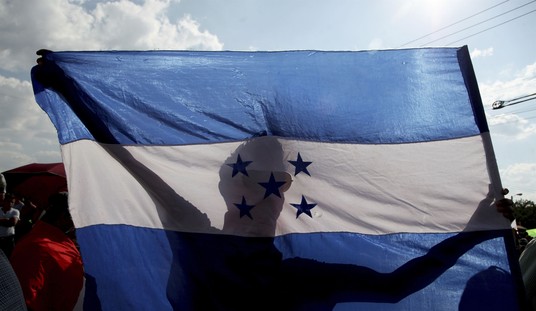“Affirmative Action gone wild,” says Judicial Watch. I’m not so sure, but here’s the story:
You can’t make this stuff up. It’s a real-life story out of Phoenix, the capitol of Arizona and the nation’s sixth-largest city. It has more than 1.4 million residents and, among its official mottos is “value and respect” of diversity. This means “more than gender and race,” according to the city’s official website. It also encompasses “uniqueness and individuality” and embracing differences. “We put this belief into action to provide effective services to our diverse community.”
Evidently officials are willing to compromise those “effective services” at 29 public swimming pools spread throughout the city. To diversify the lifeguard force, Phoenix will spend thousands of dollars to recruit minorities even if they’re not strong swimmers, according to an official quoted in a news report. Blacks, Latinos and Asians who may not necessarily qualify can still get hired, says the city official who adds that “we will work with you in your swimming abilities.”
There’s a good reason the city is hiring lifeguards that can’t swim. Public pools are largely used by Latino and African-American kids, but most of the lifeguards are white and this creates a huge problem. “The kids in the pool are all either Hispanic or black or whatever, and every lifeguard is white and we don’t like that,” says a Phoenix official quoted in the story. She added that “the kids don’t relate; there’s language issues.”
How did it ever come to this? Competitive swimming is a sport dominated by whites. In fact, studies have found that blacks and Hispanics have lower swimming proficiency compared to whites. In Phoenix public pool lifeguards have traditionally come from “more affluent parts of town” where schools have swim teams. That means virtually no minorities, so the city launched this special program to recruit some.
Though this is a local effort in one city, it’s also part of a national trend to boost the minority workforce at whatever cost. Under President Obama we have seen a lot of this at the federal level through a variety of specially-designed government programs that give ethnic minorities special treatment at all federal agencies as well as medical and agricultural fields, among others.
Judicial Watch is being disingenuous. Nowhere in the story they link does it say they are hiring minorities who “can’t swim.” And whether you are a strong swimmer or a weak swimmer is hardly the point. You don’t need to be a strong swimmer to lifeguard at a municpal pool. One would hope that the city of Phoenix is training these kids using the Red Cross Lifeguard Certification process. Being a good swimmer is the least of the qualifications, as this outline of the course suggests:
Interested in a great summer job or challenging career as a professional lifeguard? Through videos, group discussion and hands-on practice, you’ll learn teamwork, rescue and surveillance skills, First Aid and CPR/AED and other skills you need to work as a professional lifeguard. We offer courses tailored to waterparks and waterfronts. Also available in online/onsite blended learning format.
Prerequisites: Must be at least 15 years old and pass certain swimming requirements
2 year First Aid and CPR/AED certifications
2 year Lifeguarding certification
Course length: 24 – 31 hours
Online/onsite format: 27 hours
Topics include:
Injury prevention and facility safety
Patron surveillanceRescue skills
Victim assessment
First Aid
CPR/AEDCare for head, neck and spinal injuries
When I was a kid, life guarding was a 6 week course at the local pool, followed by an extended probation period if you were lucky enough to get hired. And it was tough work — especially on hot days when the Lion’s Park 100 meter pool was filled with kids splashing, roughhousing, and all the attendant shenanigans that go on when kids are playing (and teen boys are trying to disrobe teen girls). It takes a trained eye to tell if a swimmer is in trouble and needs assistance. One would hope that the city of Phoenix takes that into account.
I see no problem in reaching out to minorities and open up opportunities of which they may not have been aware — as long as they are thoroughly trained in proper life guarding and life saving techniques, one of which is being able to communicate in the language of those to whom the guard is charged with protecting. Should language skills supersede the ability to swim well? In the case of a municipal pool, undoubtedly.
Tragedies happen at municipal pools every summer because of ill trained or irresponsible kids being used as lifeguards. It used to be a good job for college kids but that probably isn’t true anymore. The bottom line is that it shouldn’t matter if the lifeguard is white, black, or brown, keeping swimmers safe should be of paramount importance. It’s hard to tell from that article if the city of Phoenix has that goal uppermost in their minds.










Join the conversation as a VIP Member